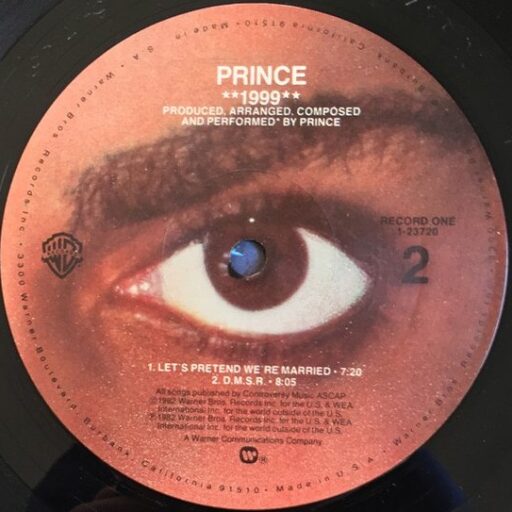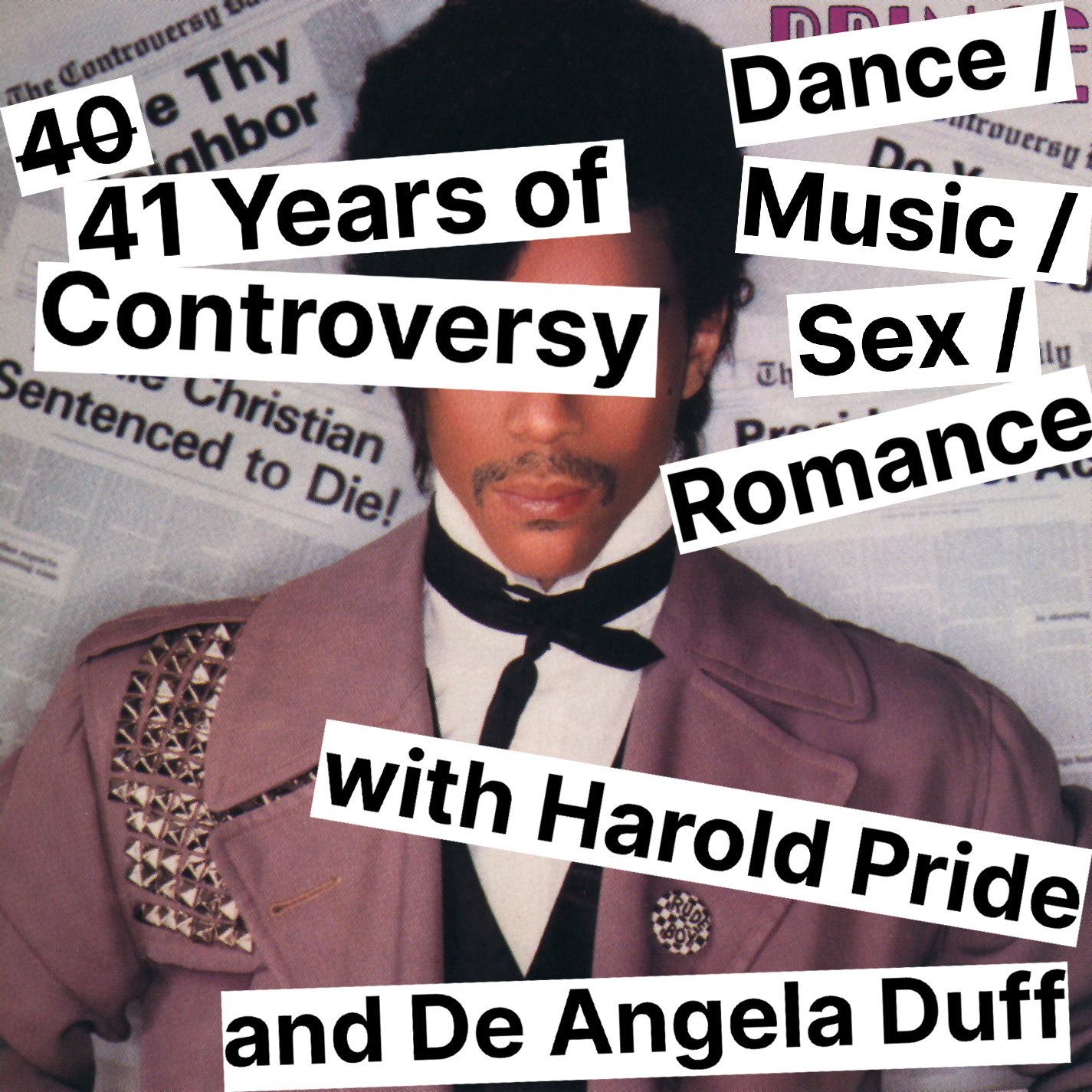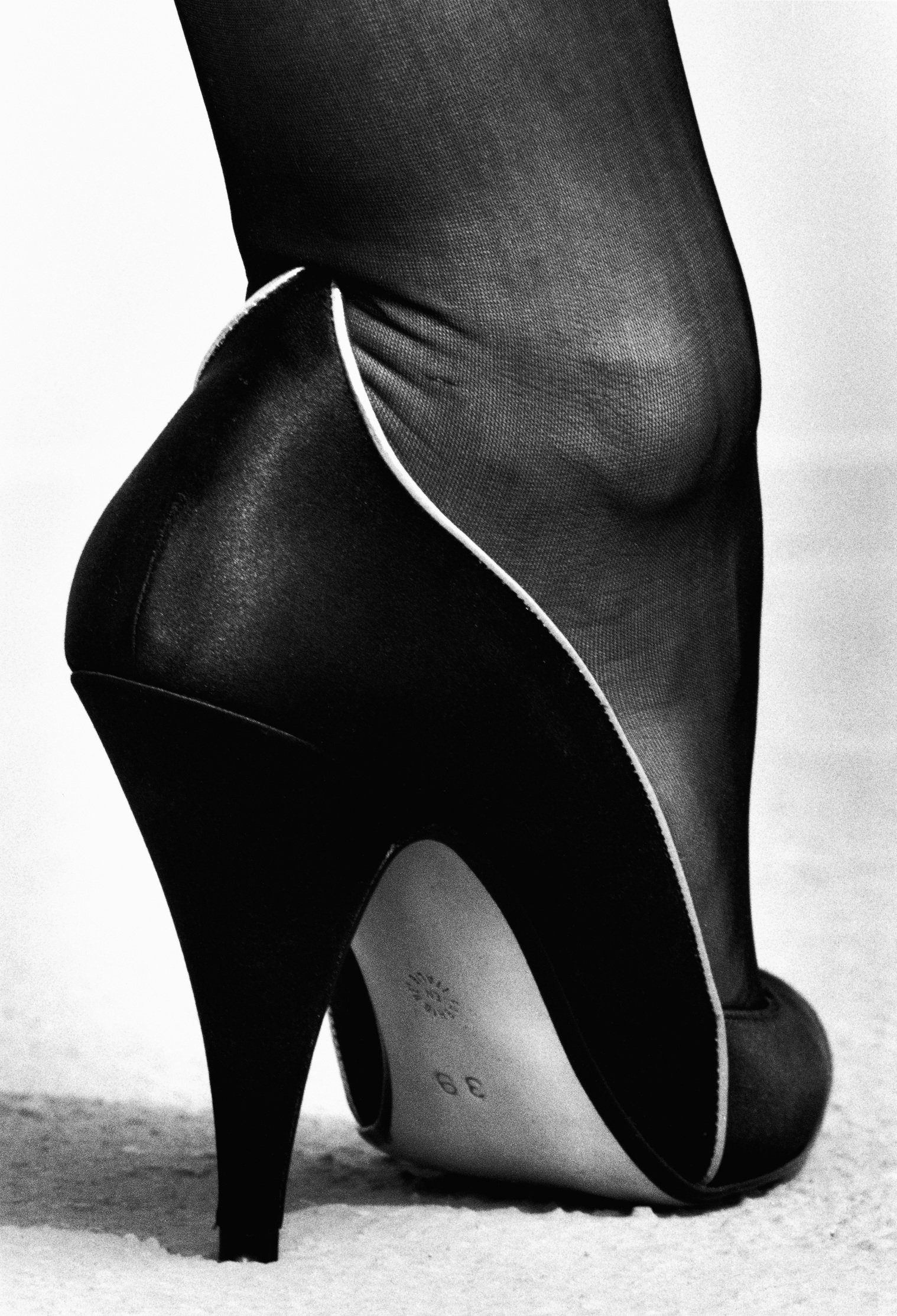Tag: gotta stop messin about
-
How Come U Don’t Call Me Anymore?
“How Come U Don’t Call Me Anymore?” feels in many ways like Prince’s Ur-song: a pure expression of the carnal and emotional longing at his core, drawn from the deep well of the African American musical tradition.
-
Wet Dream (Wet Dream Cousin)
Vanity was chosen to lead the group for her firecracker personality, bedroom eyes, and ability to fill out a lace camisole, not for her powerhouse pipes. The trouble is that Prince wasn’t always good at selecting material that played to her strengths.


